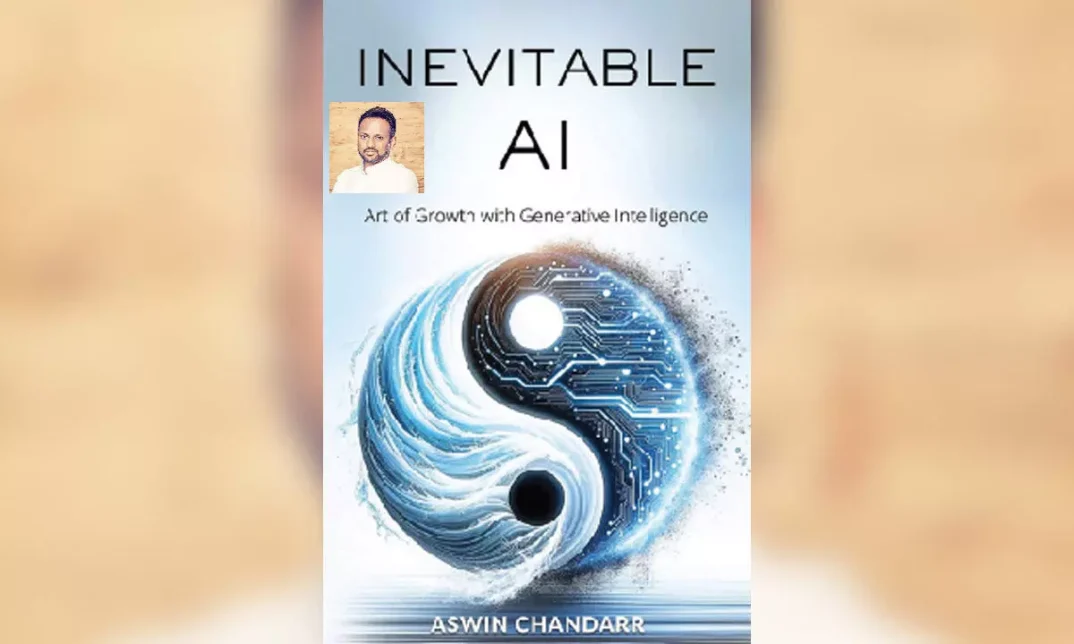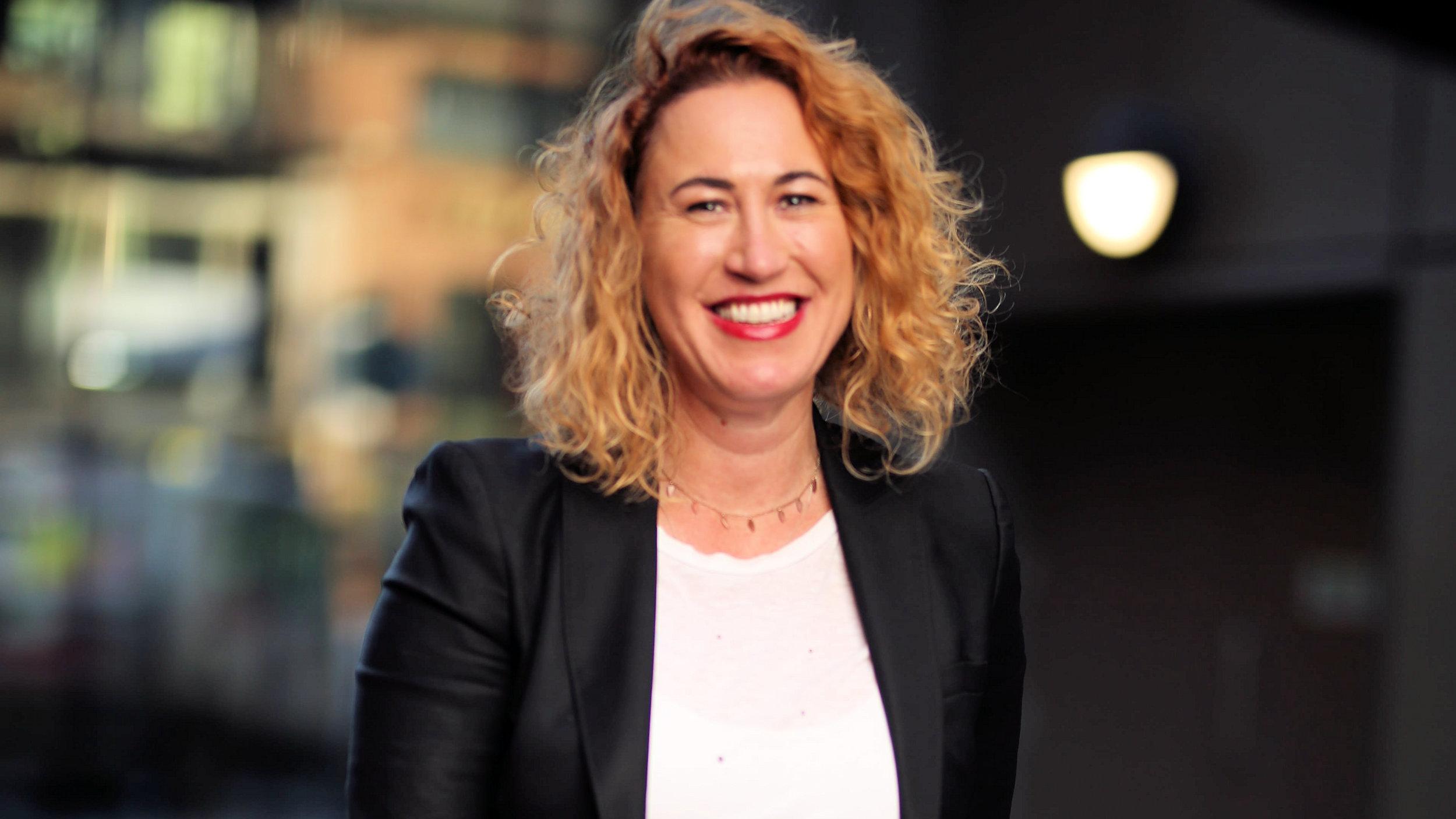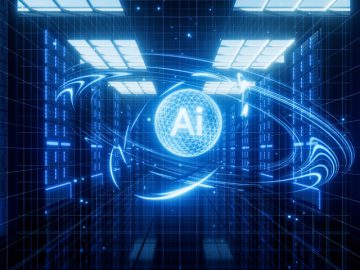Introducing ‘Inevitable AI: Art of Growth with Generative Intelligence’ by Aswin Chandarr, a comprehensive guide that explores the transformative power of artificial intelligence (AI) in fostering growth and innovation. Through captivating cartoons, illustrations, and stories, the book simplifies complex AI concepts and demonstrates how AI can revolutionize daily tasks, boost productivity, and reshape industries. It offers practical strategies for enterprise transformation, product innovation, and navigating the changing job landscape, making it a must-read for professionals, leaders, and policymakers. Chandarr, an expert in AI and robotics with over 18 years of experience, delivers deep insights in this essential work.
Excerpts from the interview:
Q: How is AI going to affect human life in the next decade?
In the next decade, AI will touch nearly every aspect of our lives. It will integrate into our routines, from how we communicate on social media platforms to enhancing entertainment experiences like movies, music, and gaming. AI will also reshape the workplace by automating repetitive tasks such as data analysis and customer support, leading to greater productivity. However, with this progress comes the challenge of job displacement. Many traditional roles will evolve or disappear, making workforce adaptation and upskilling essential.
AI’s influence won’t stop at daily life. It will also impact sectors like healthcare, politics, law, and space exploration. In medicine, AI will help diagnose diseases and develop new treatments. In space exploration, AI’s role in designing spacecraft will propel us to new frontiers. AI’s imprint in the next decade will be both profound and far-reaching.
Q: Will AI permanently change the world, and will it be positive or negative?
AI will permanently alter the world, similar to other groundbreaking technologies throughout history. Like fire, AI has the potential to be immensely beneficial or dangerously destructive. On the positive side, AI could revolutionize healthcare, improve vaccine development, and transform personalized medicine. But on the darker side, it could be weaponized or misused for spreading false information.
The outcome depends on how we manage AI’s growth. There’s a risk that as AI takes over mental tasks like data analysis, our own mental capabilities could diminish, much like how physical labour decreased during the Industrial Revolution. The key is whether we use AI to enhance human potential or fall into complacency, relying on it too much.
Q: What are the main threats AI poses to society?
One of the primary dangers is the spread of misinformation and fake news. AI’s ability to create convincing but false content poses a serious threat to public discourse. Another major risk is the economic and social impact of job displacement. As AI takes over more roles, the pace of job loss may outstrip our ability to retrain the workforce, causing widespread disruption.
There’s also concern over AI widening the gap between developed and developing nations. Countries with advanced infrastructure are better positioned to benefit from AI, leaving others behind.
Q: How can AI benefit the younger generation?
AI can revolutionise education by personalising learning, making it more accessible and tailored to each student’s needs. In creative fields, AI offers new tools that can amplify artistic expression. AI will also help automate mundane tasks, freeing up time for young minds to focus on solving global challenges like climate change. By using AI as a tool for innovation, the younger generation can push the boundaries of what’s possible.
Q: Why is your book “Inevitable AI” important?
‘Inevitable AI’ demystifies the complexities of AI for everyone, offering clear explanations of its transformative potential. It also provides practical guidance on how individuals, businesses, and policymakers can navigate an AI-driven future. By highlighting the ethical challenges and opportunities AI presents, the book aims to equip readers with the knowledge they need to thrive in this new era.




